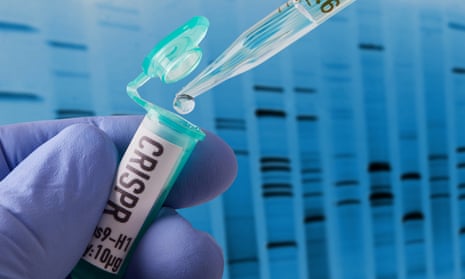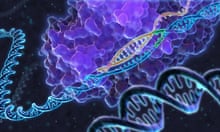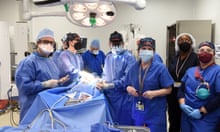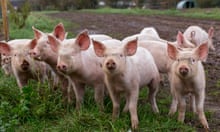Should we rewrite our DNA?
Gene editing is a group of technologies that gives scientists the ability to change an organism’s DNA. These technologies have the power to change life as we know it, but what do people really think about how we should use them?
Gene editing could be one of the most interesting and relevant scientific stories of our generation. This new technology could affect everything from food to healthcare to our attempts to tackle climate change.
However, there are ethical issues to consider, such as who has the power to decide what should happen next and how can the science be policed? Will gene editing benefit the whole of society or only those who can afford it?
And how far is too far? Is it right to use the technology to overcome genetic issues but not to decide the colour of a baby’s eyes?
Share your stories, views and experiences, anonymously if you prefer, in the encrypted form below. Only the Guardian has access to your responses. We will use some of your contributions in our reporting on this topic.
Watch and listen to our Gene Gap series here and join the debate below.
If you’re having trouble using the form, click here. Read terms of service here.










